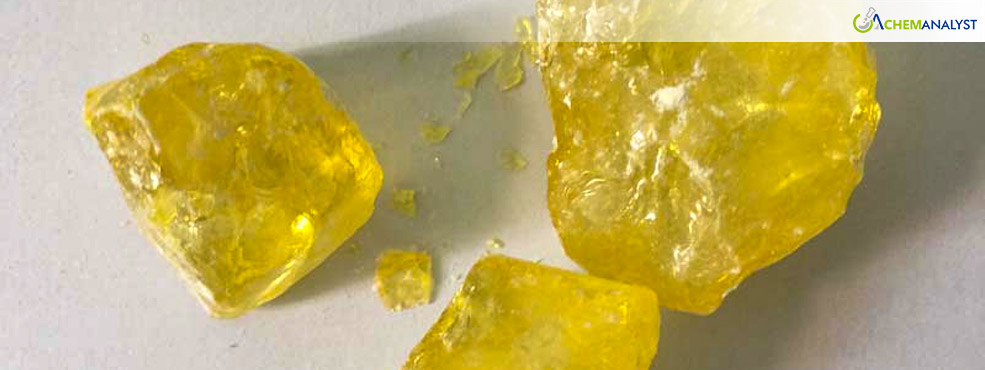Welcome To ChemAnalyst

The global phenolic Resin market exhibited stability in the first week of January 2025, reflecting weak cost support from feedstock phenol and subdued downstream demand across key regions such as Asia-Pacific (APAC), Europe, and North America.
In the APAC region, particularly in China, phenolic Resin demand stagnated due to weak end-user consumption in adhesives, coatings, and molding compounds. Cold weather significantly curtailed construction activities, limiting demand for phenolic Resin in key sectors. Feedstock phenol prices remained low, further reducing production costs but offering minimal momentum for market recovery. Additionally, year-end financial constraints and limited new orders added pressure to the Phenolic Resin market, resulting in cautious trading sentiment.
South Korea mirrored similar trends, with stable production levels but weak downstream activity. High inventory levels across the region, coupled with reduced construction and manufacturing output, intensified supply pressures for Phenolic Resin. Low-cost imports from neighboring countries heightened competition, keeping the market subdued. Further, South Korea's industrial output fell 0.7% in November as per the latest government report released on 30th Dec 2024, worse than expected, due to slowing exports and weak business confidence. This slowdown also exacerbated by factors like severe cold weather, tariff uncertainties by USA, which is impacting and reducing the petrochemical demand in industries like construction.
Europe's phenolic Resin market faced a seasonal slowdown, with reduced industrial activity during the holiday season. The construction sector, a major consumer, experienced delays due to cold weather and weaker-than-expected economic performance. Feedstock phenol prices remained low, driven by minimal trading volumes and declining procurement from downstream sectors such as adhesives and coatings. Rising competition from Asian imports further strained European manufacturers, who adopted cautious production strategies to manage inventory and reduce oversupply risks.
The German Association of the Chemicals Industry (VCI) reported a continued decline in chemical industry sales, reflecting broader economic challenges. Limited new orders and weak downstream demand kept market activity subdued, with no immediate recovery in sight.
In North America, the phenolic Resin market showed stability despite high inventory levels and subdued demand. Severe winter conditions delayed construction projects, a key driver for phenolic Resin consumption in adhesives, paints, and coatings. Manufacturers faced intensified competition from Asian imports and high energy costs, eroding profitability. However, supply chains remained stable, with no significant production disruptions reported, even amid freezing temperatures along the Gulf Coast.
As per ChemAnalyst, phenolic Resin prices are expected to remain under pressure in the coming weeks. Downstream demand side purchases were cautious and lacked follow-up amid severe cold weather, with a strong wait-and-see mentality. The market is anticipated to stay weak and stable in the short term, reflecting ongoing challenges in end-use industries and unfavorable weather conditions globally.
We use cookies to deliver the best possible experience on our website. To learn more, visit our Privacy Policy. By continuing to use this site or by closing this box, you consent to our use of cookies. More info.
